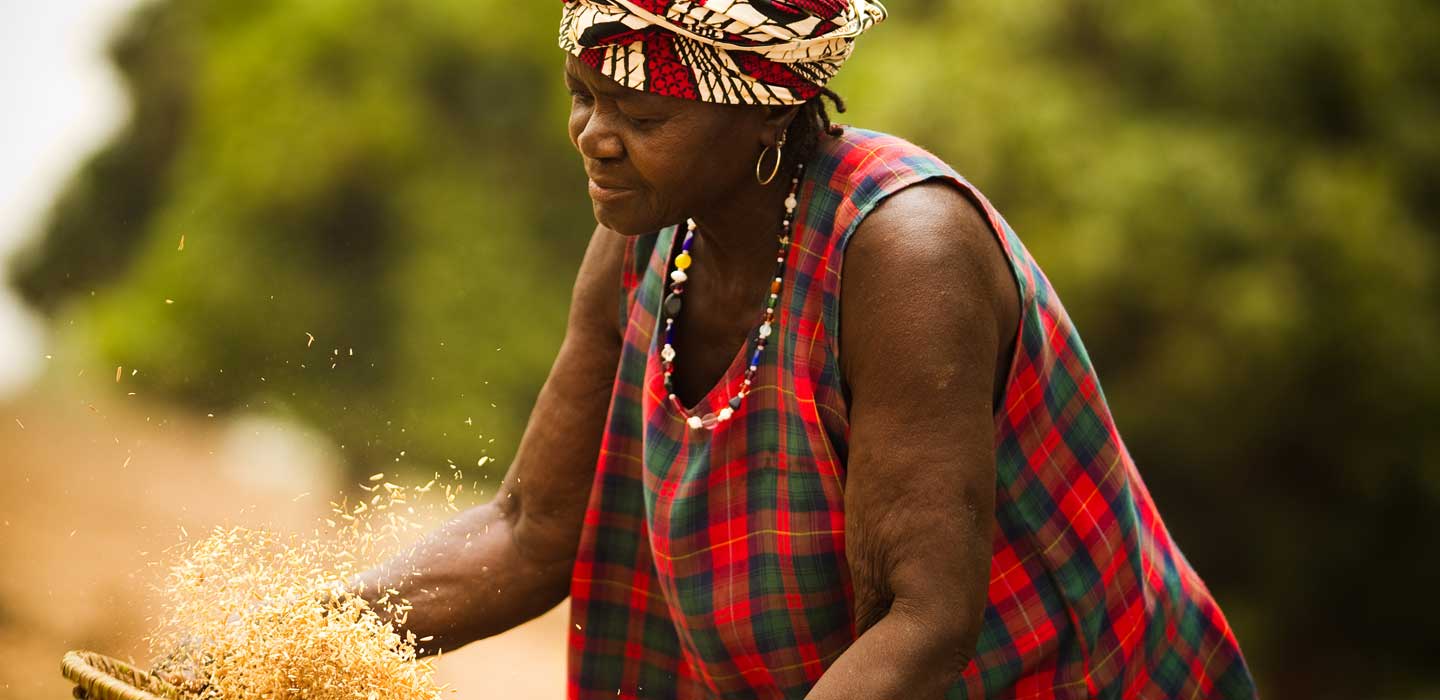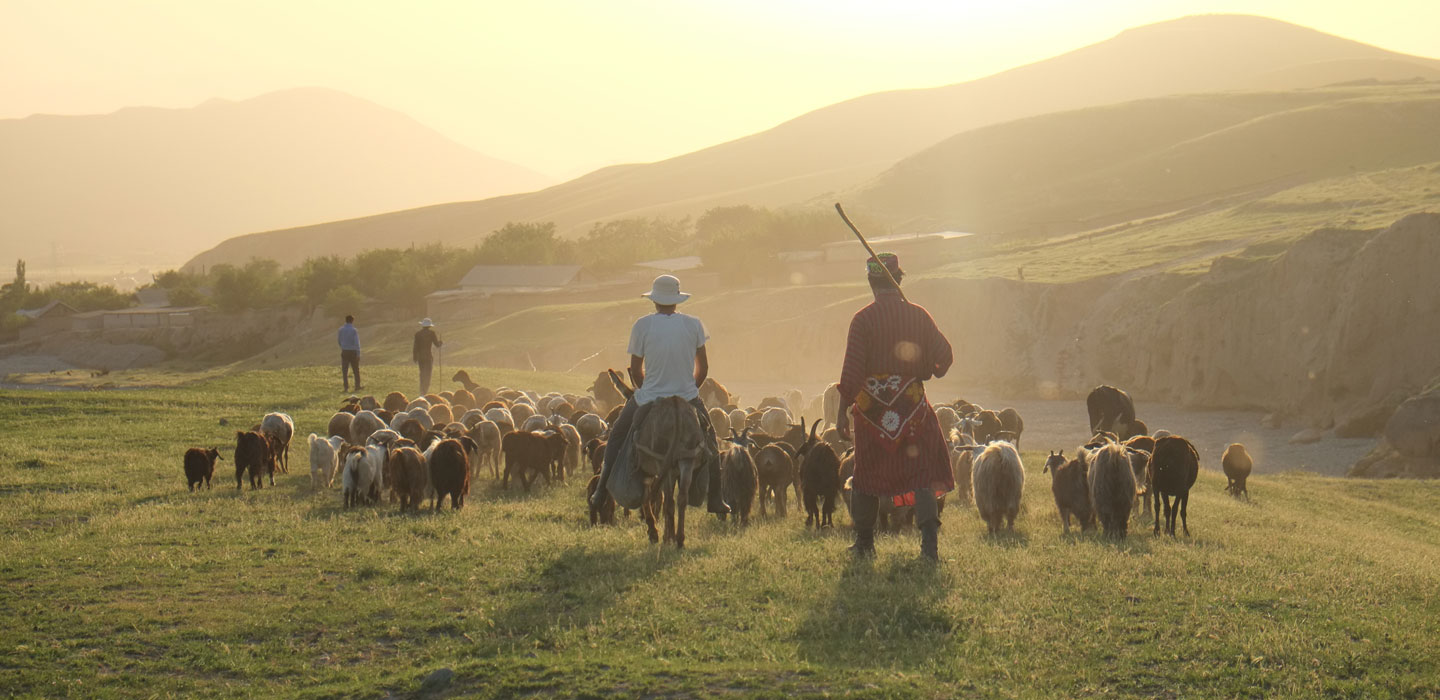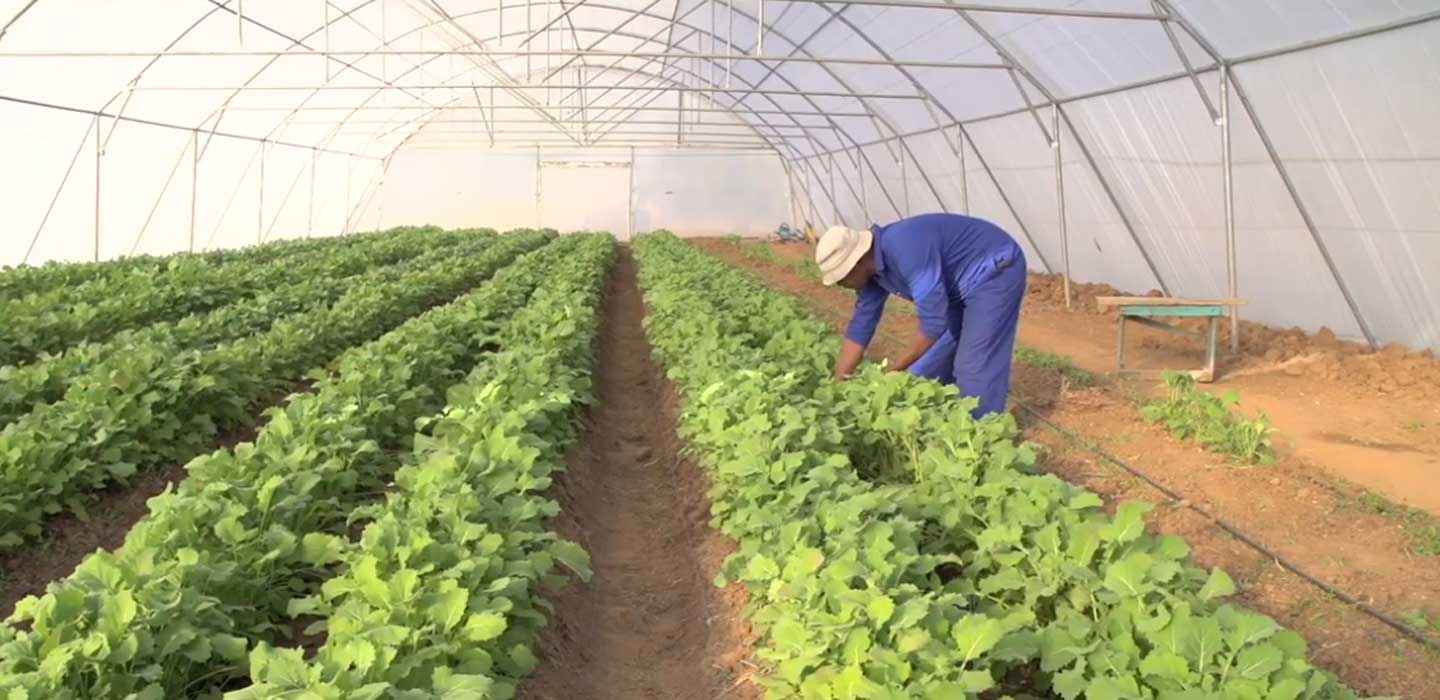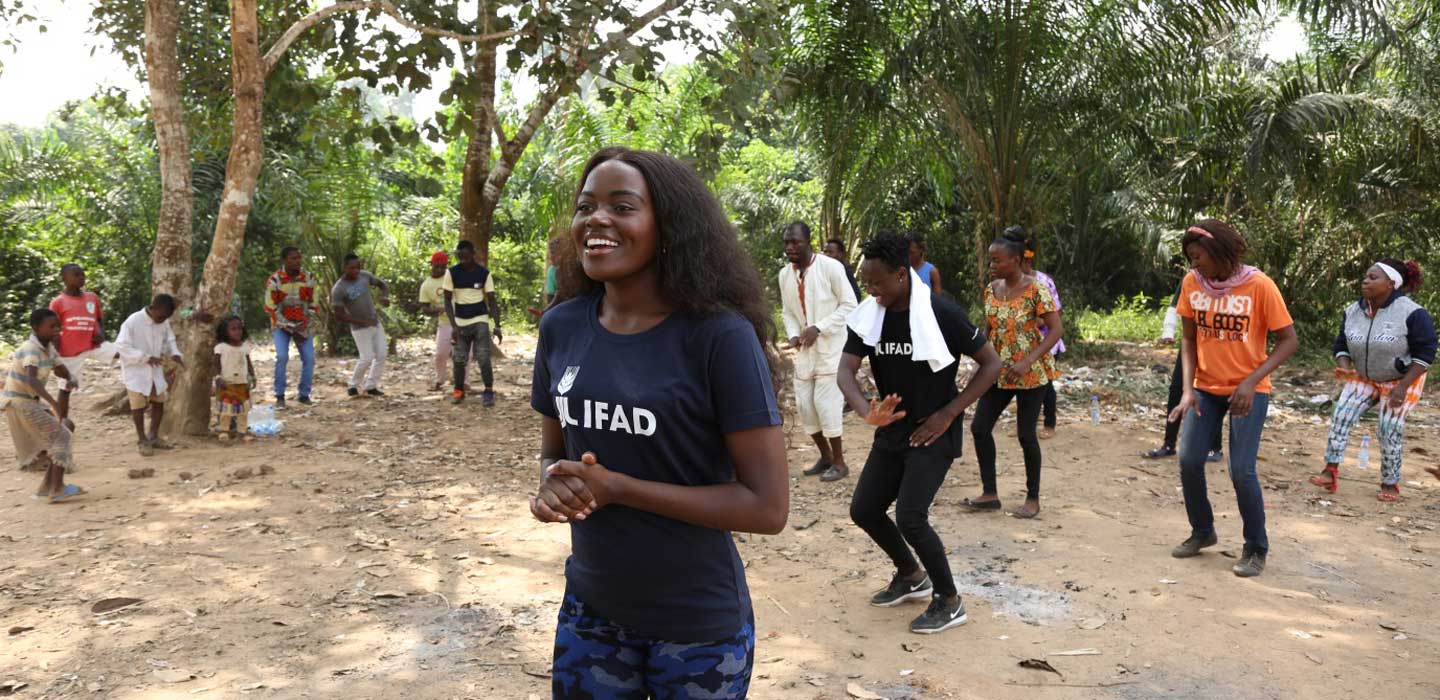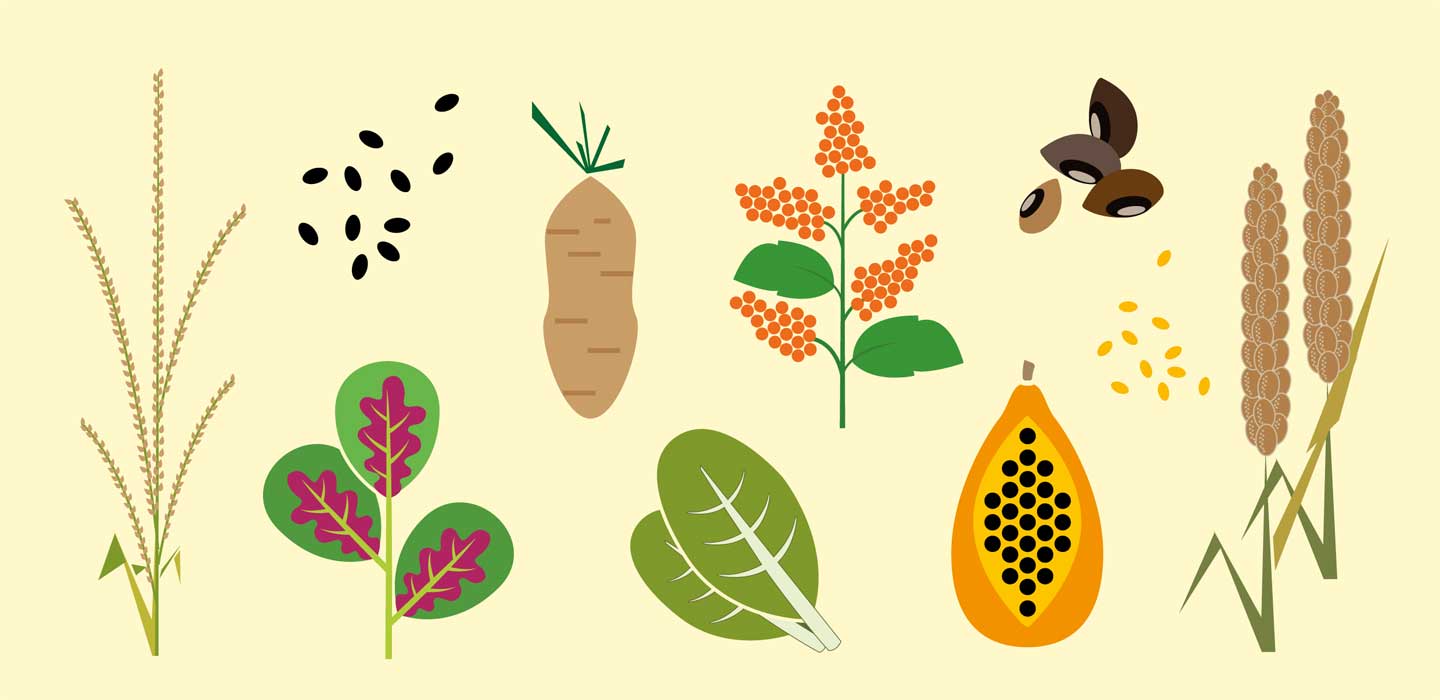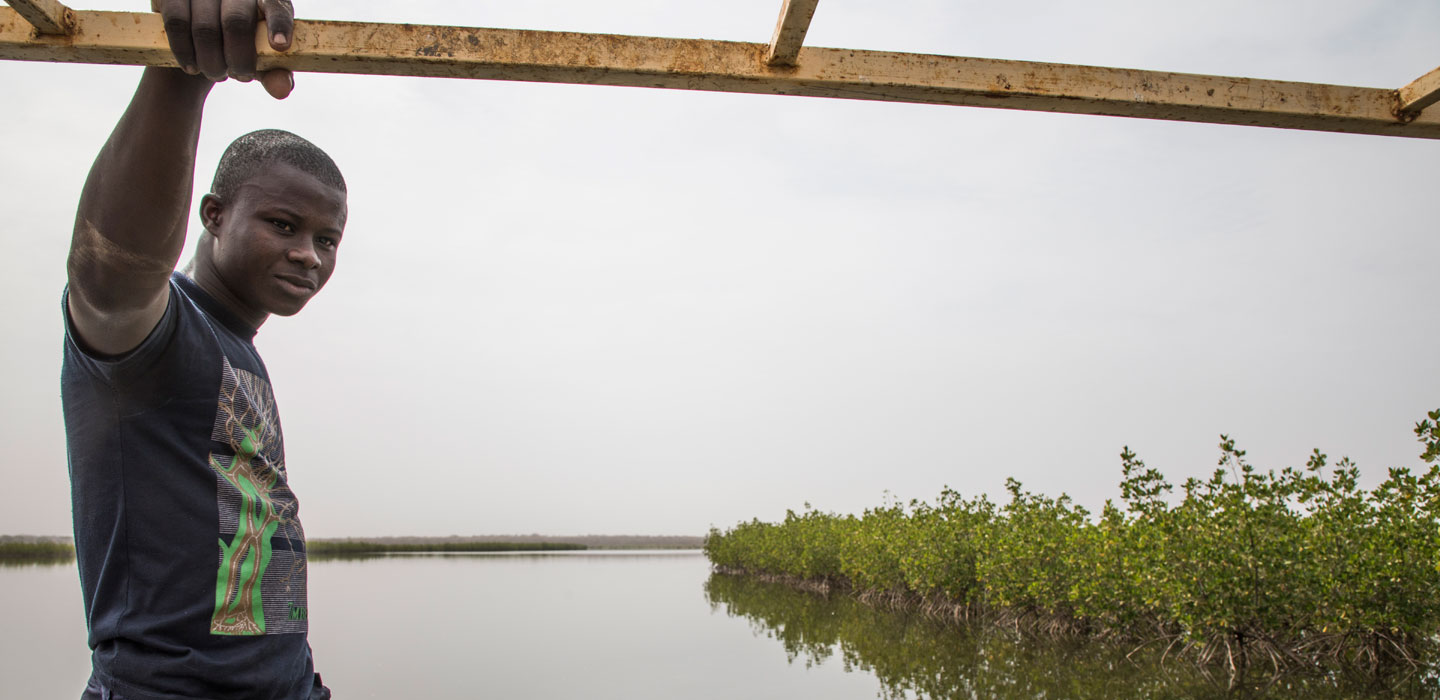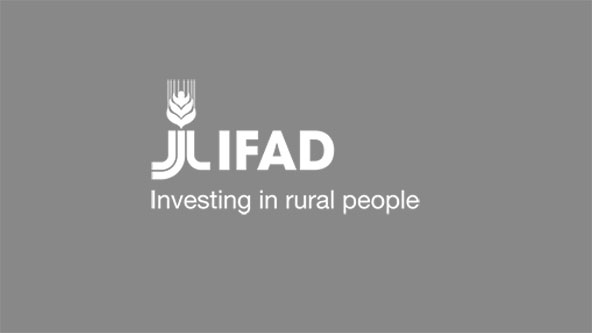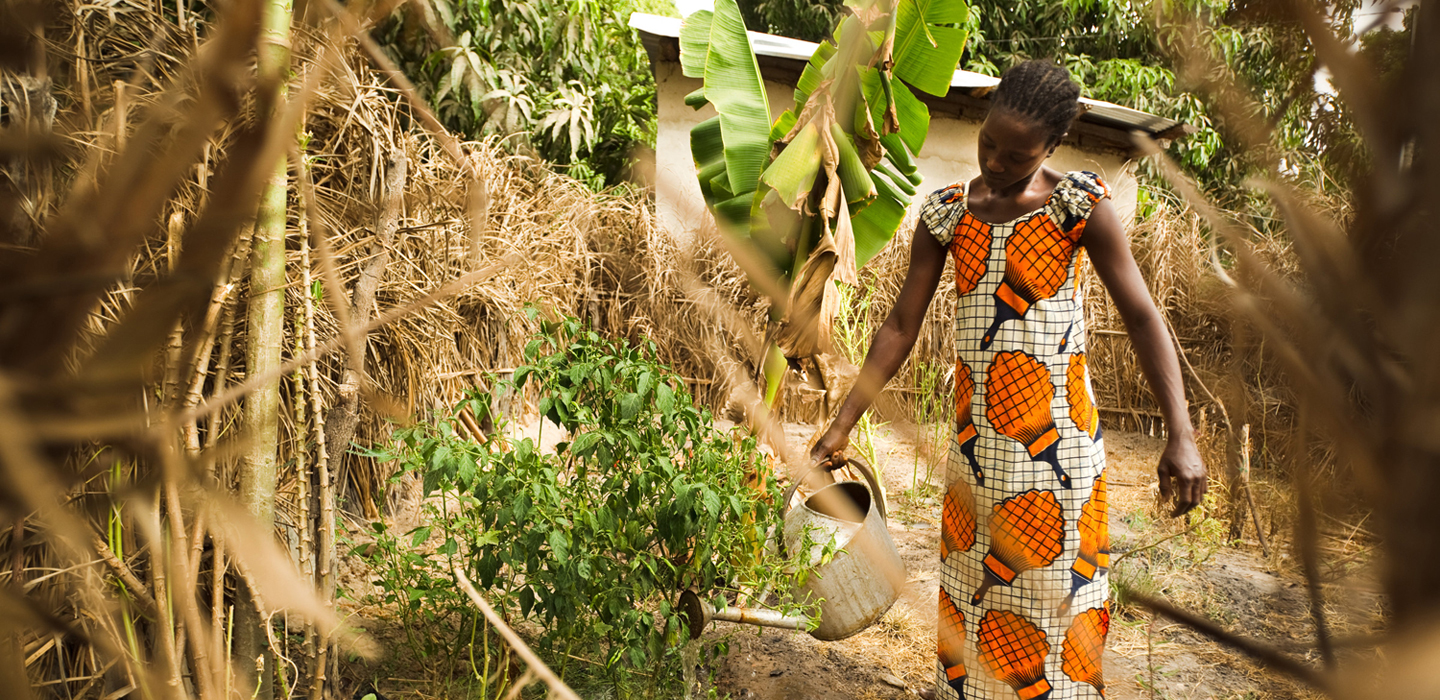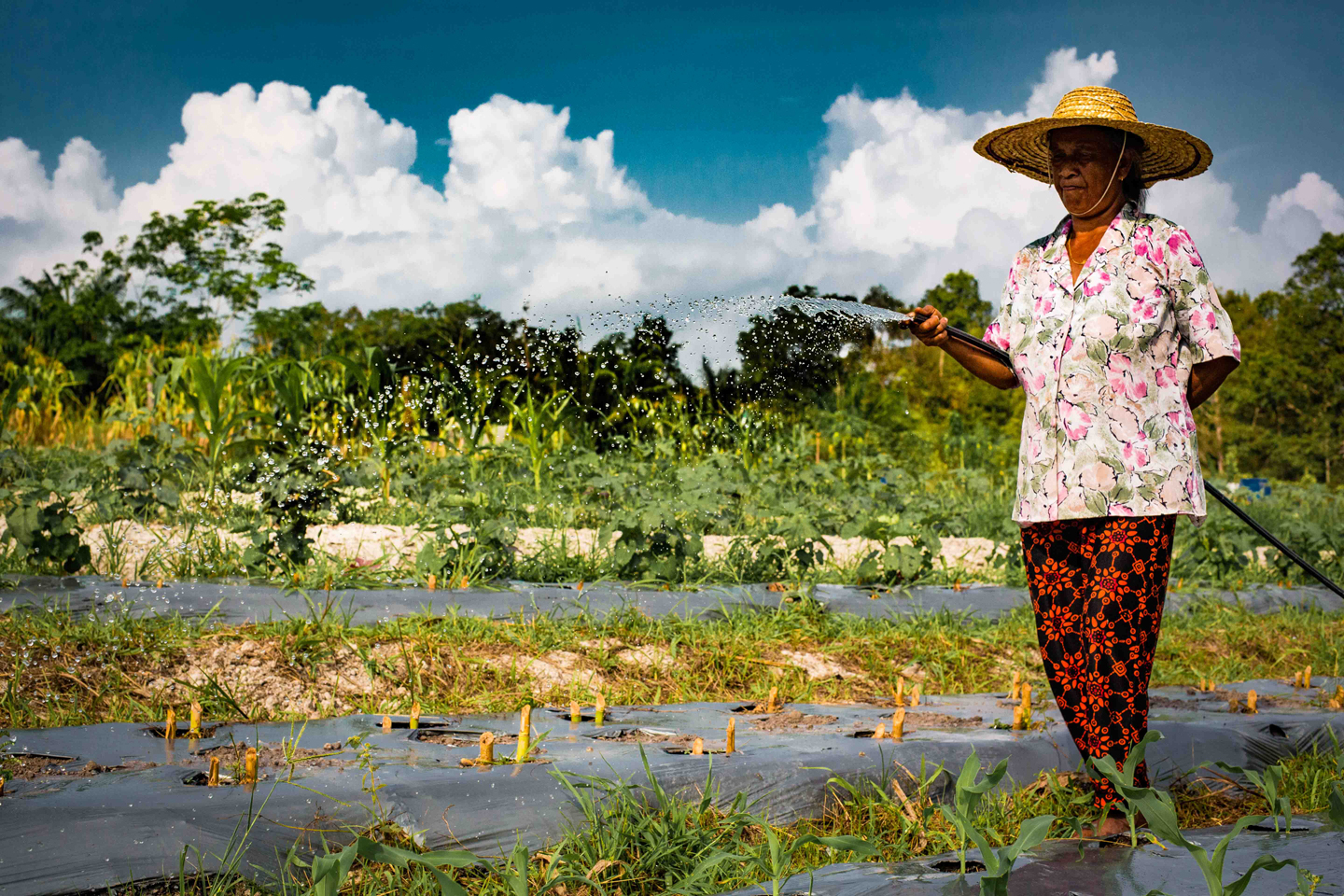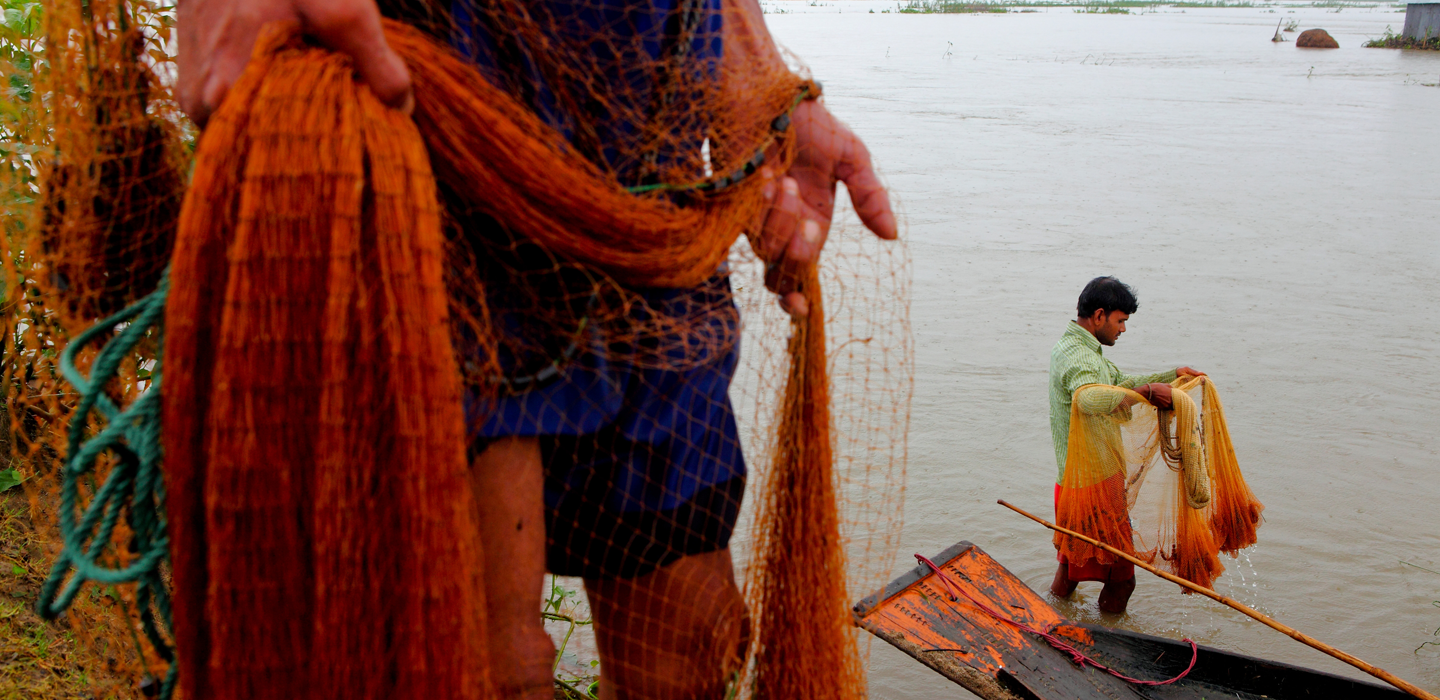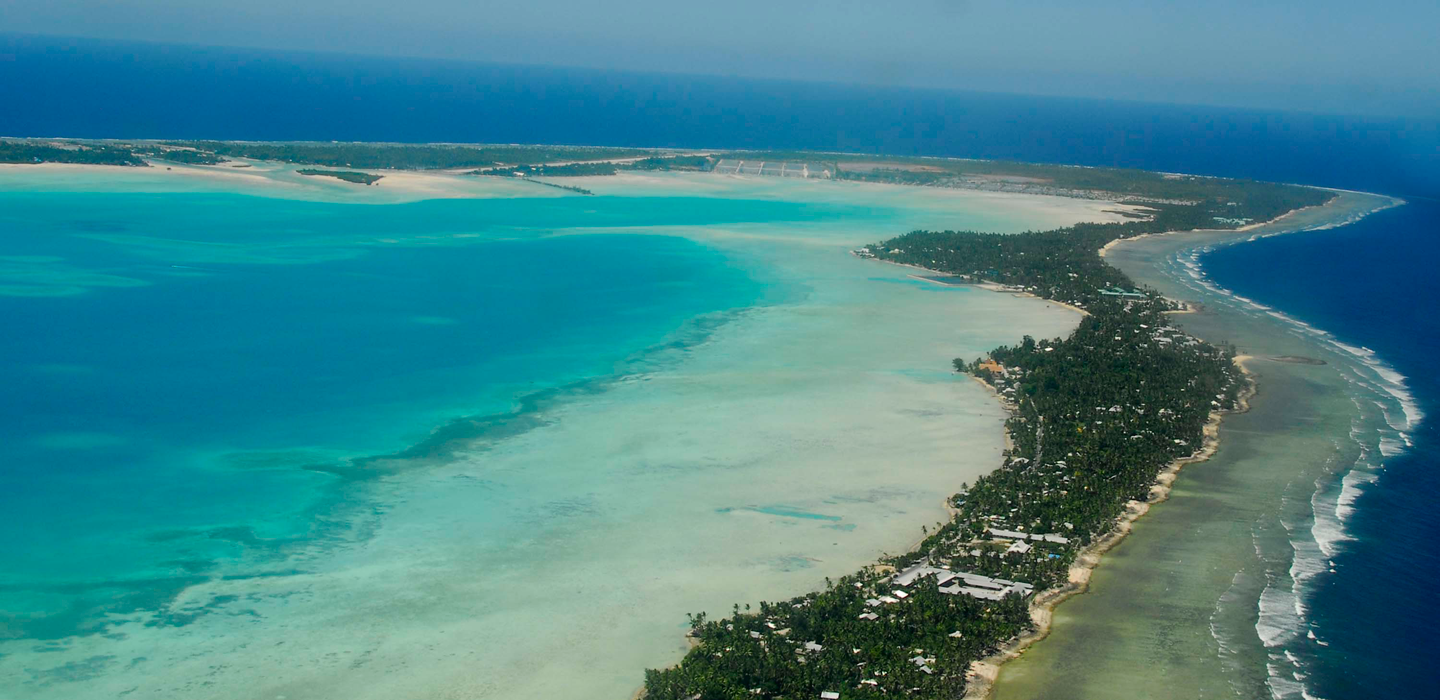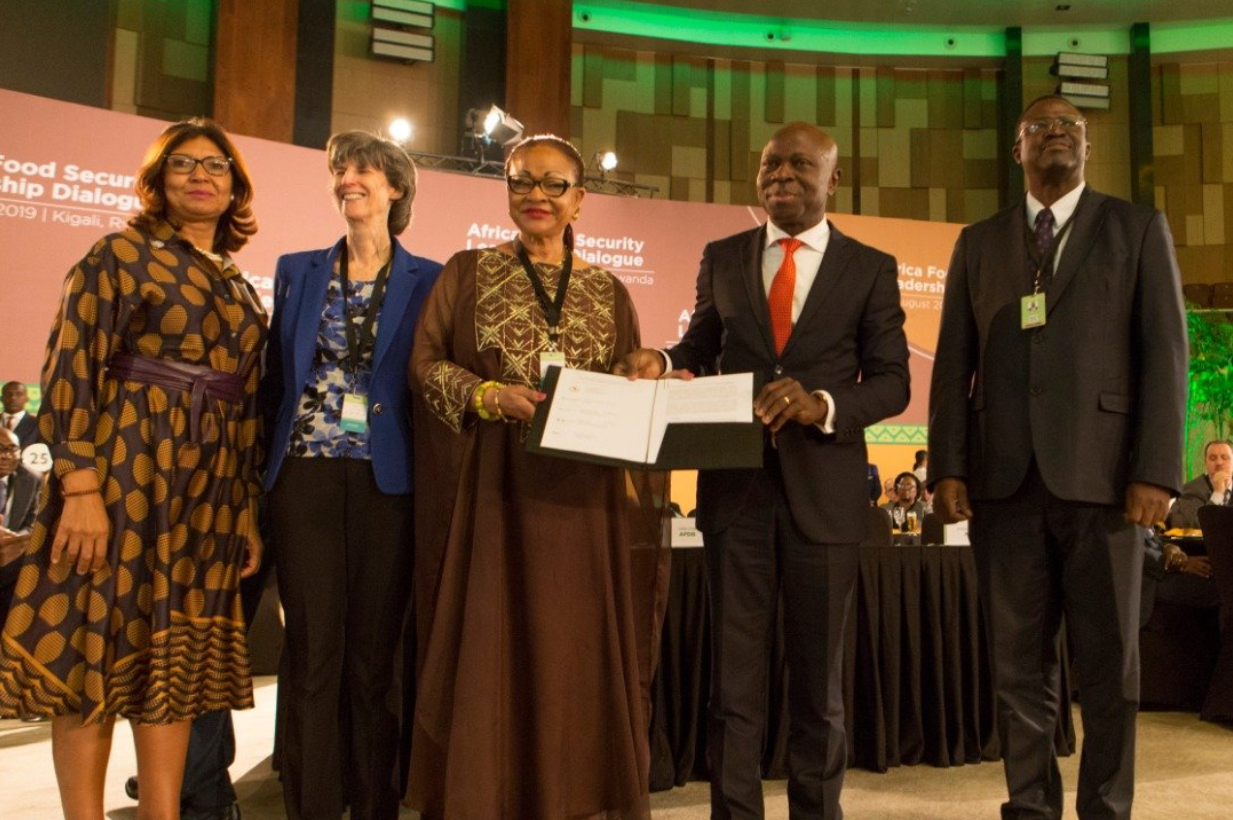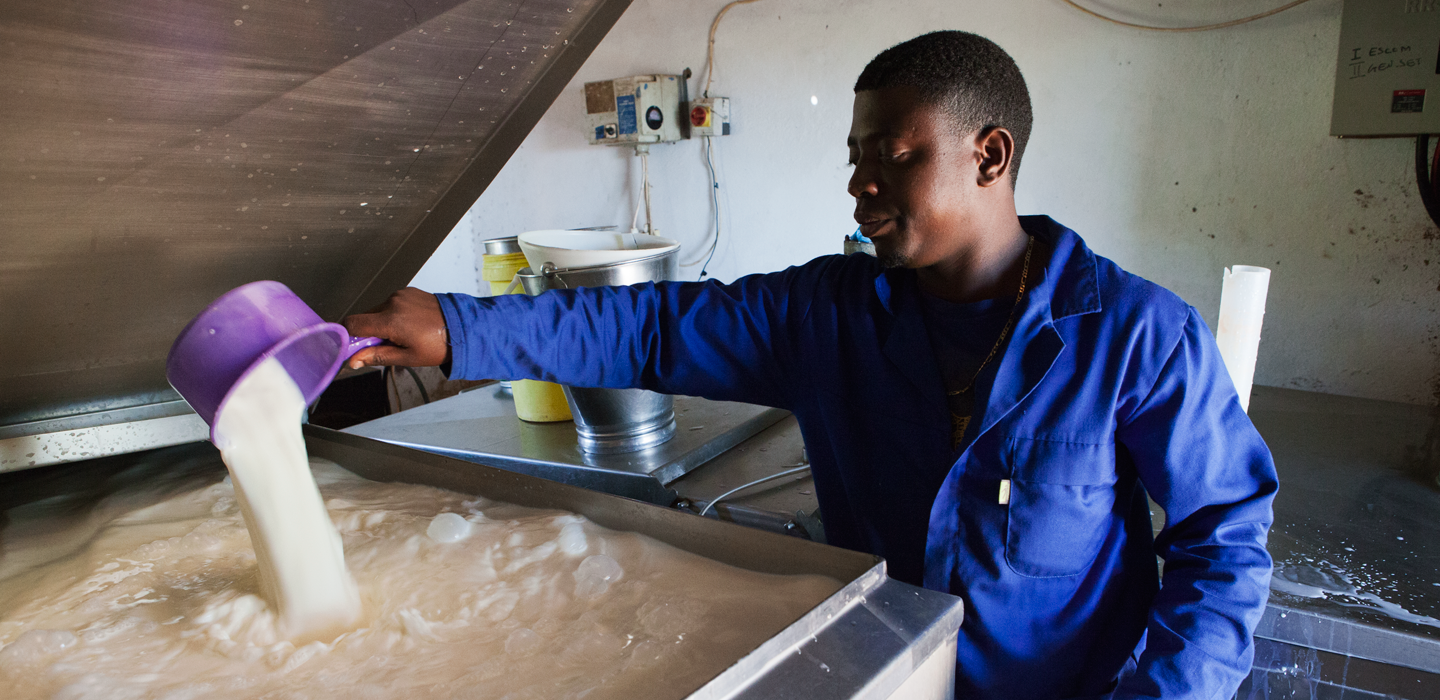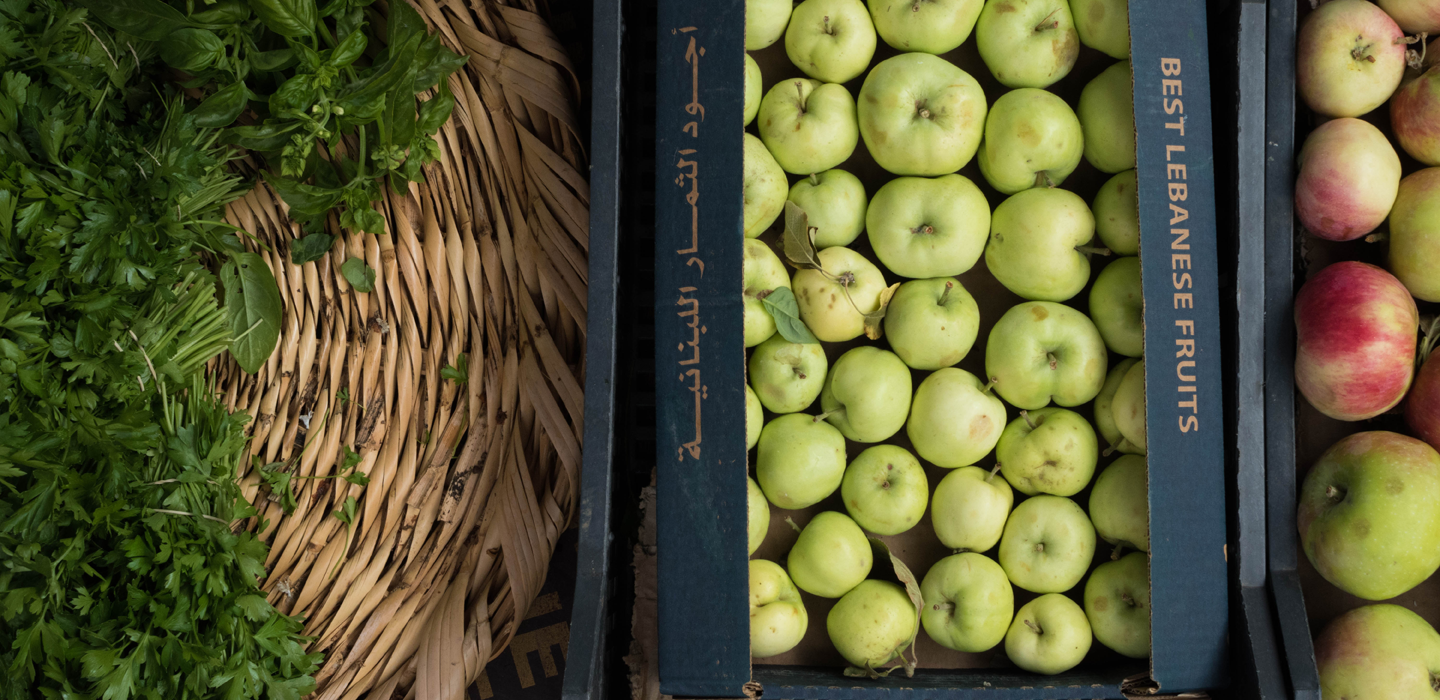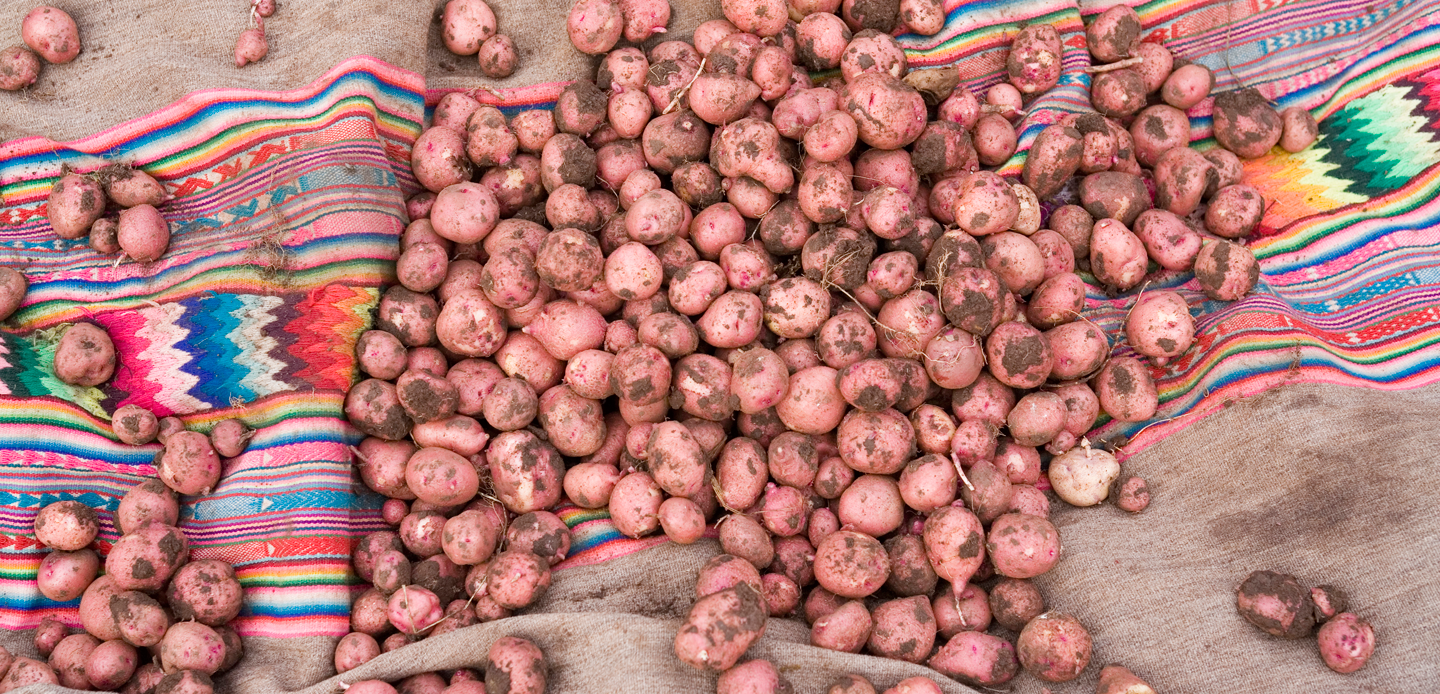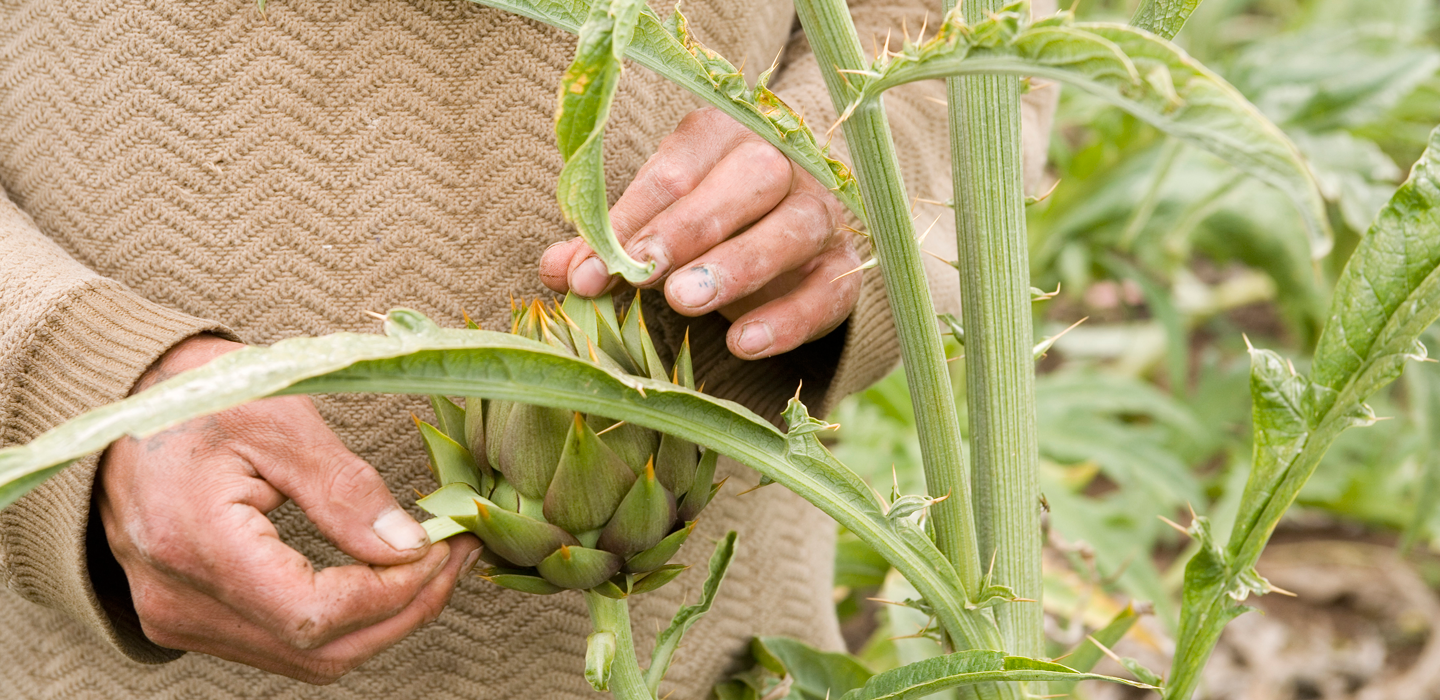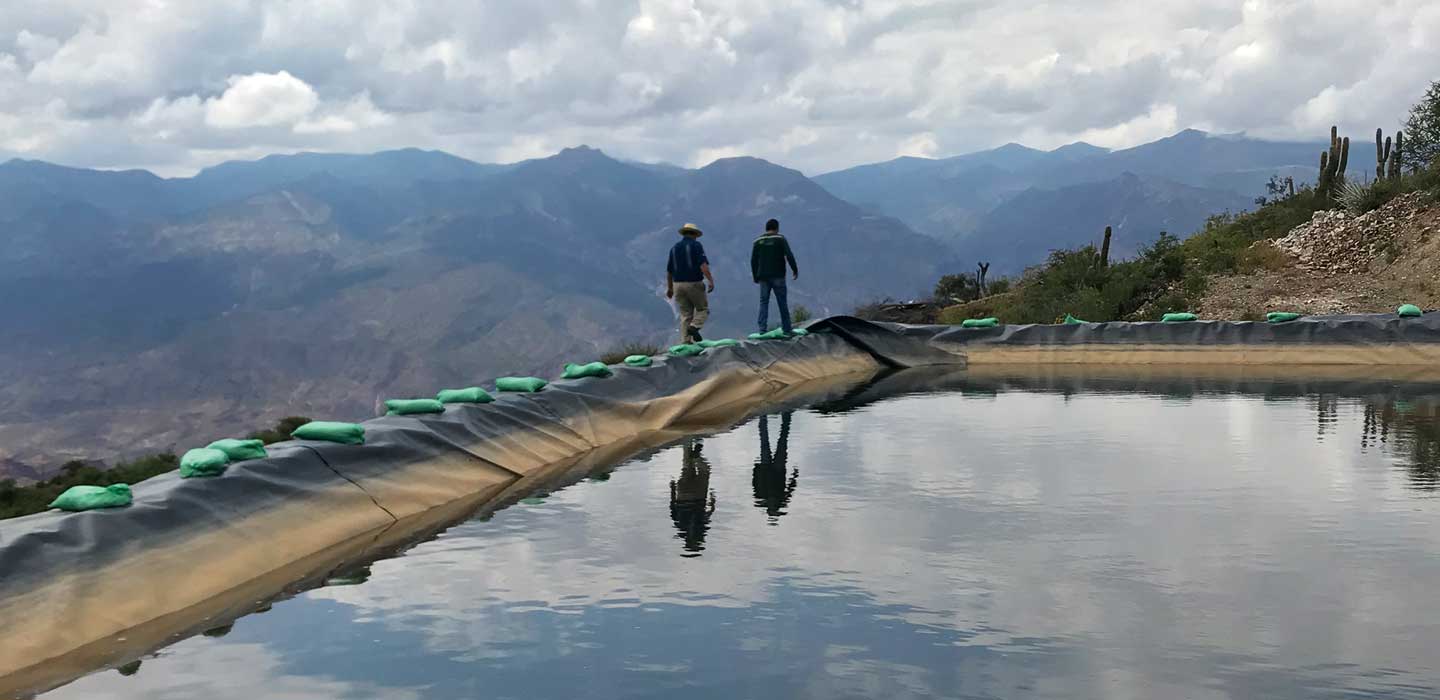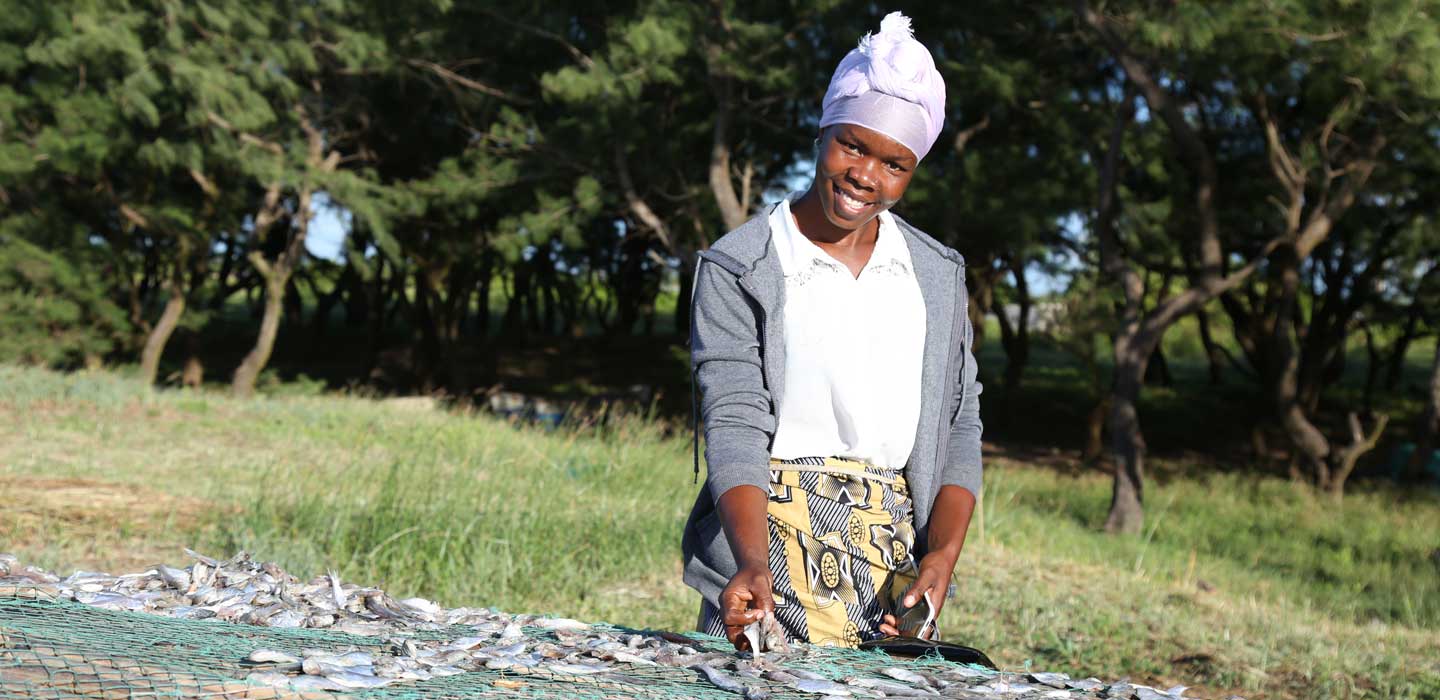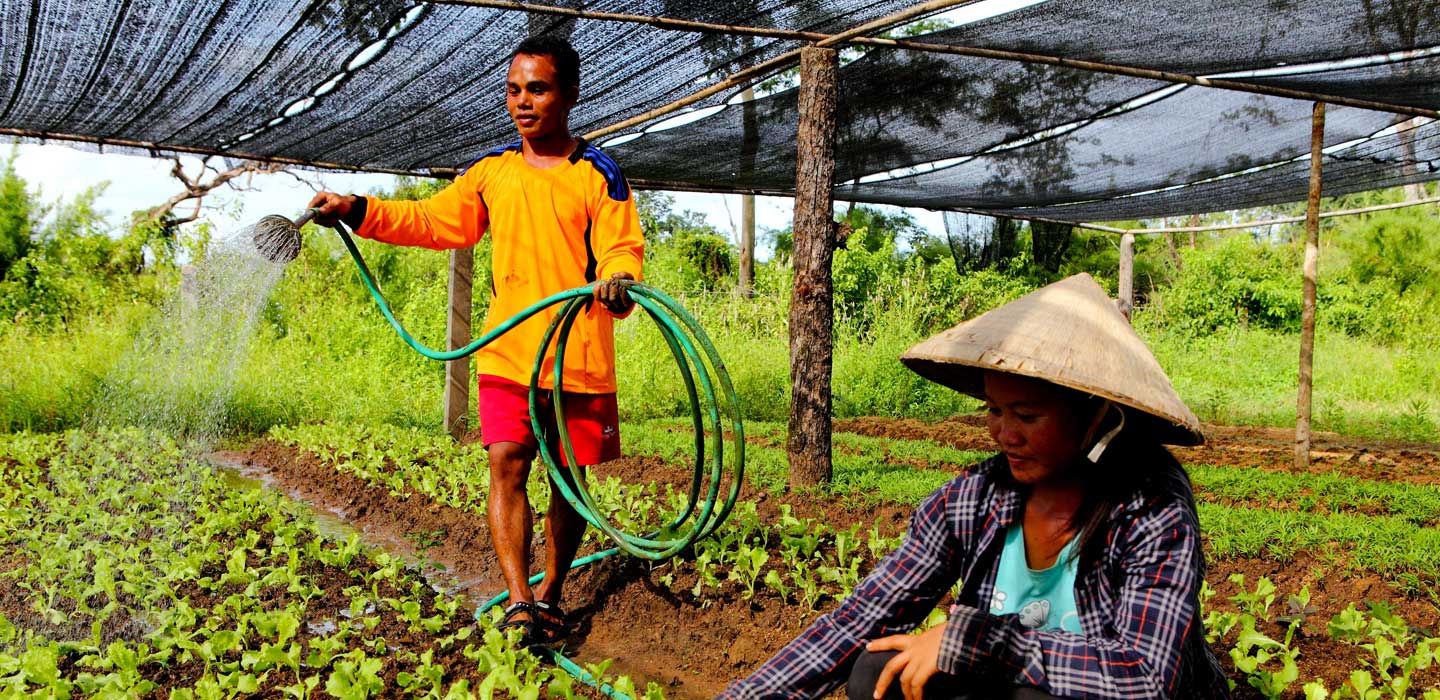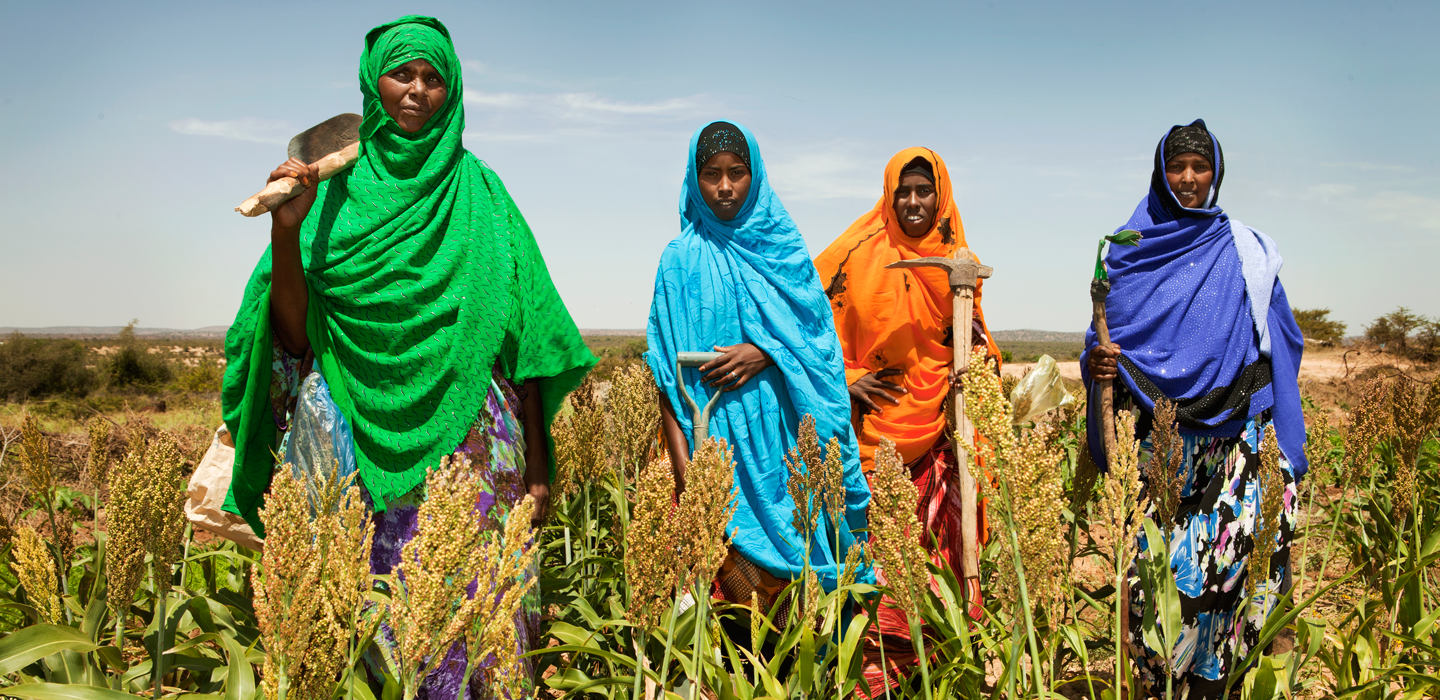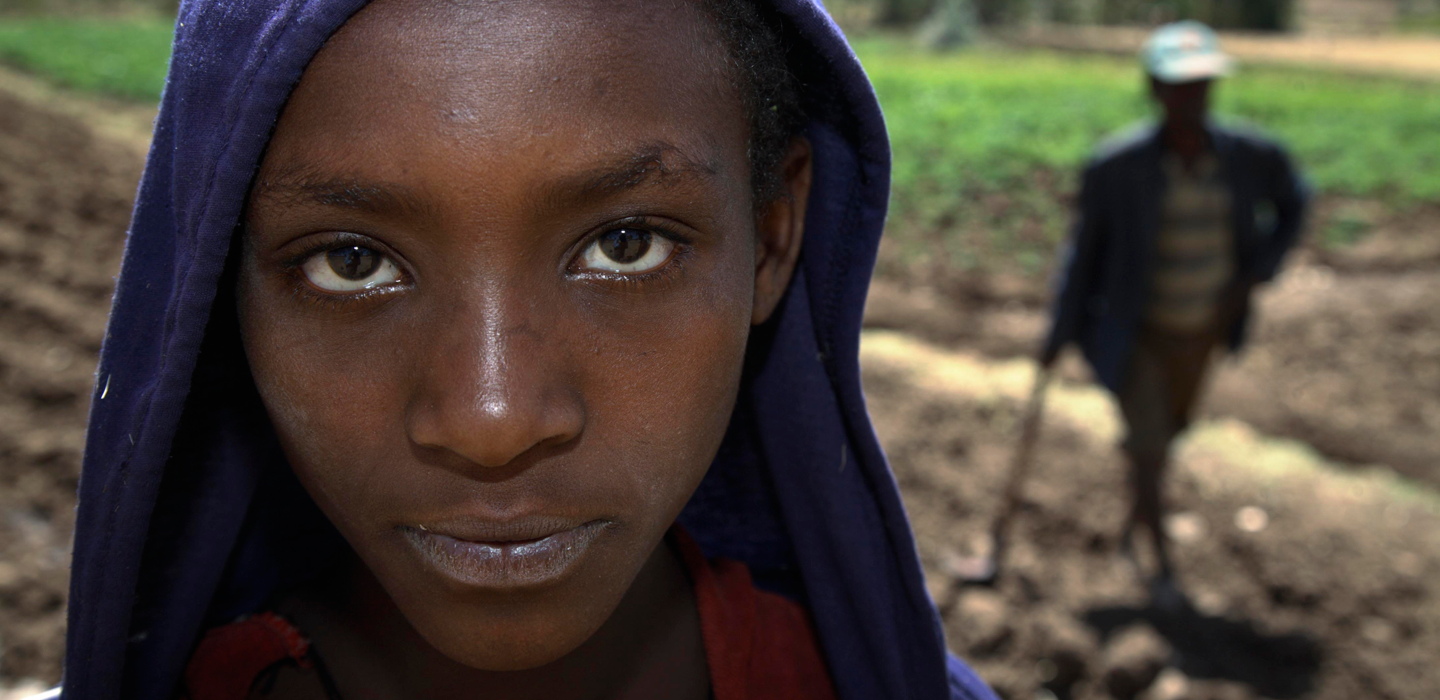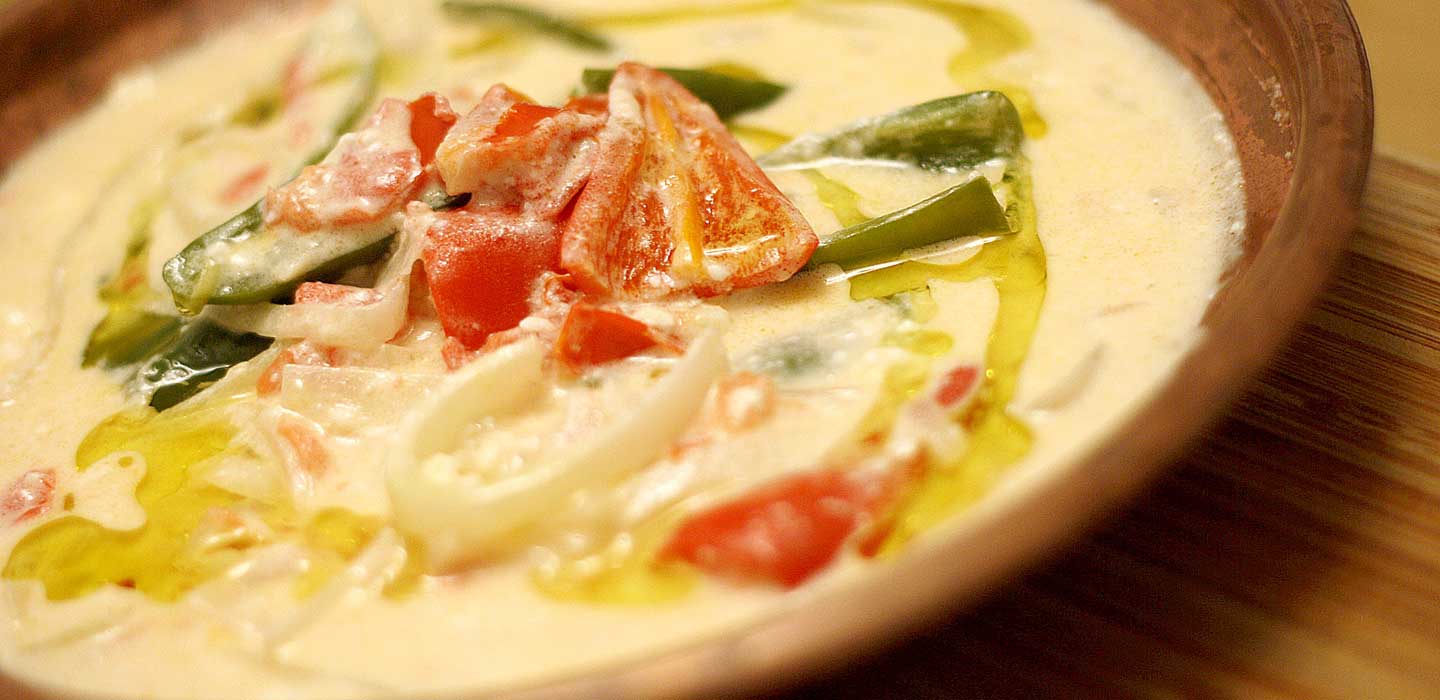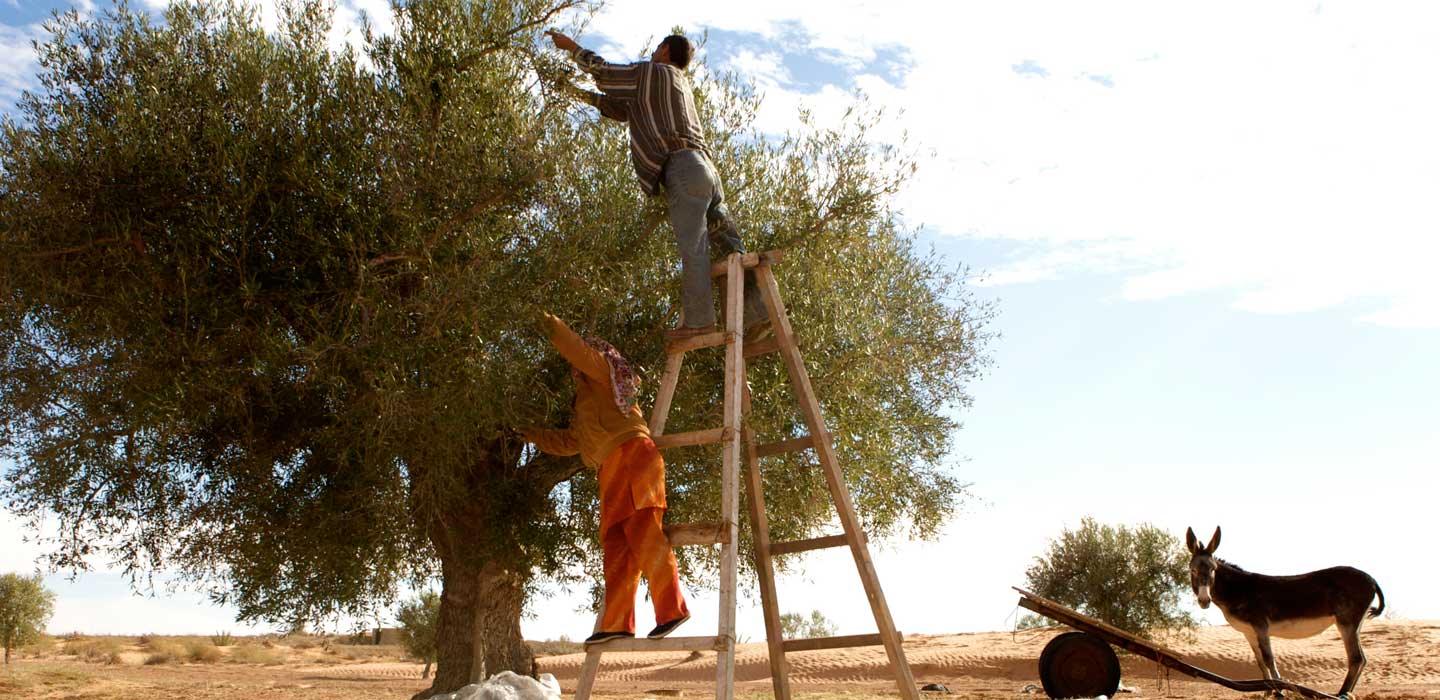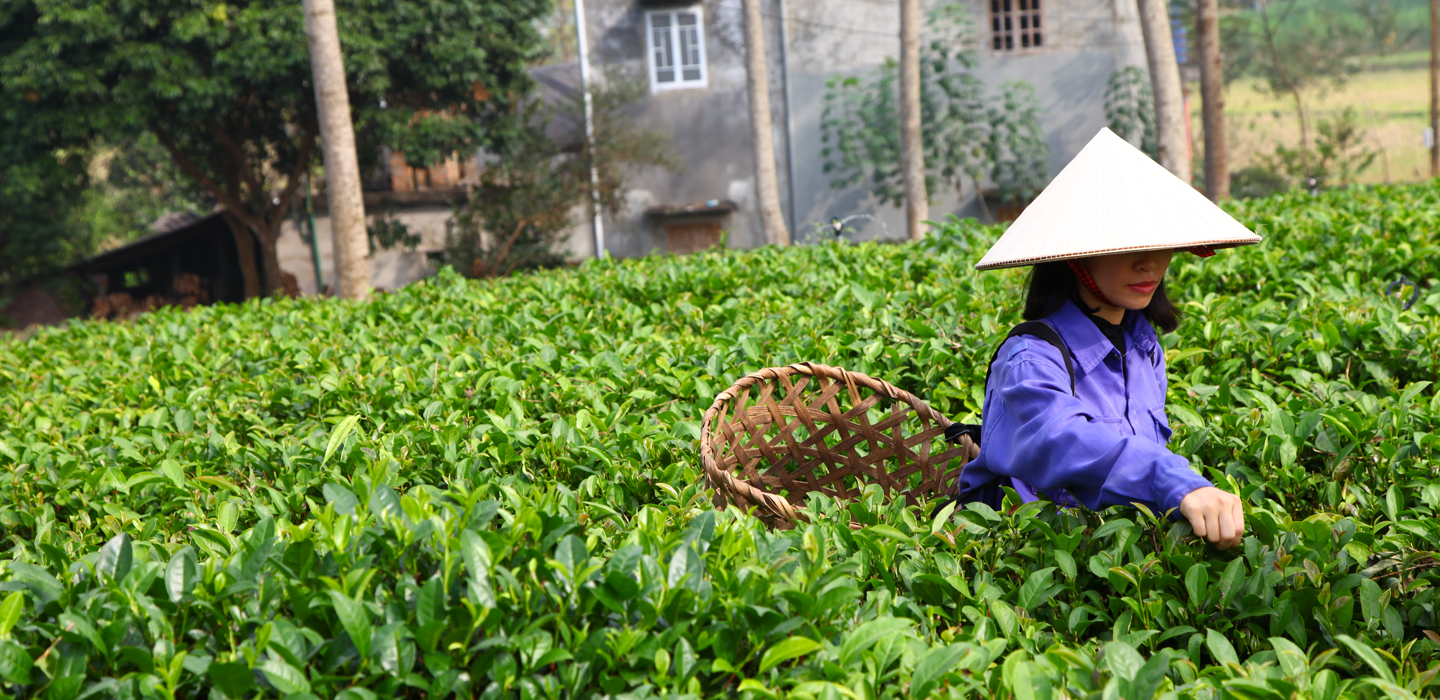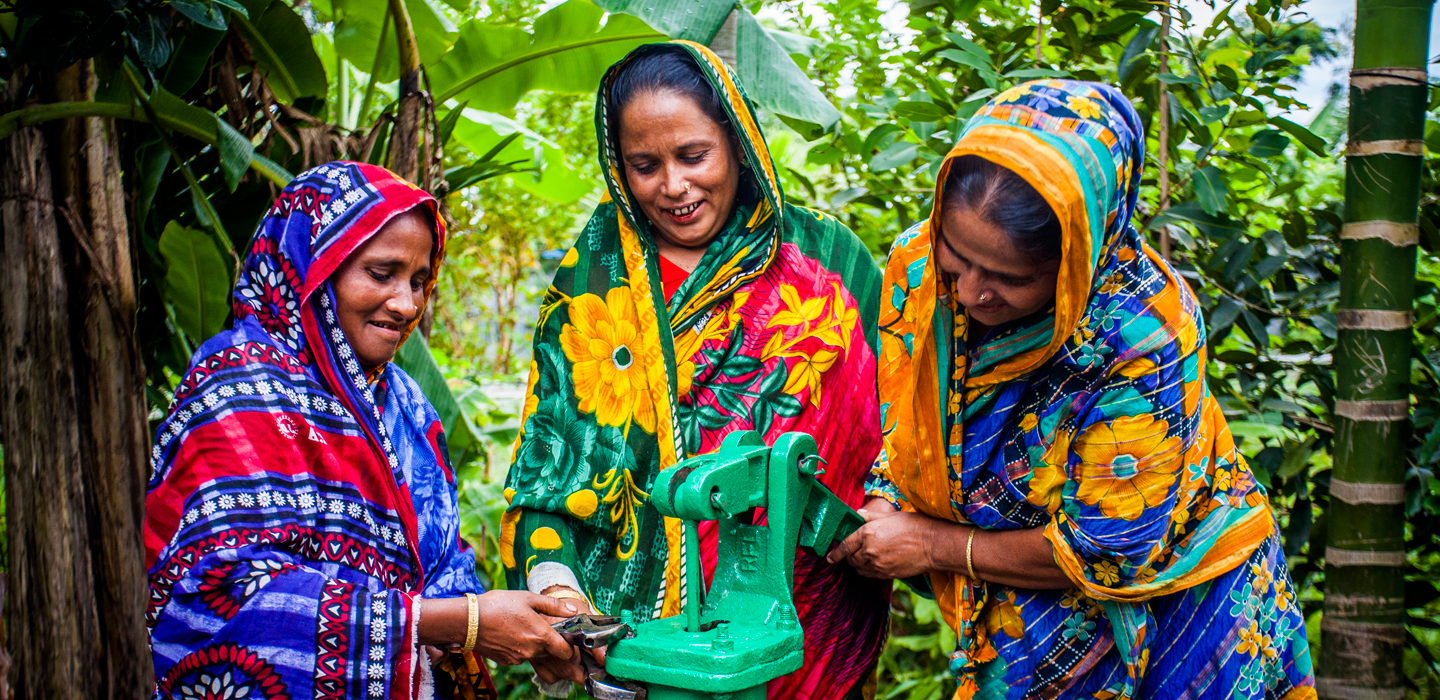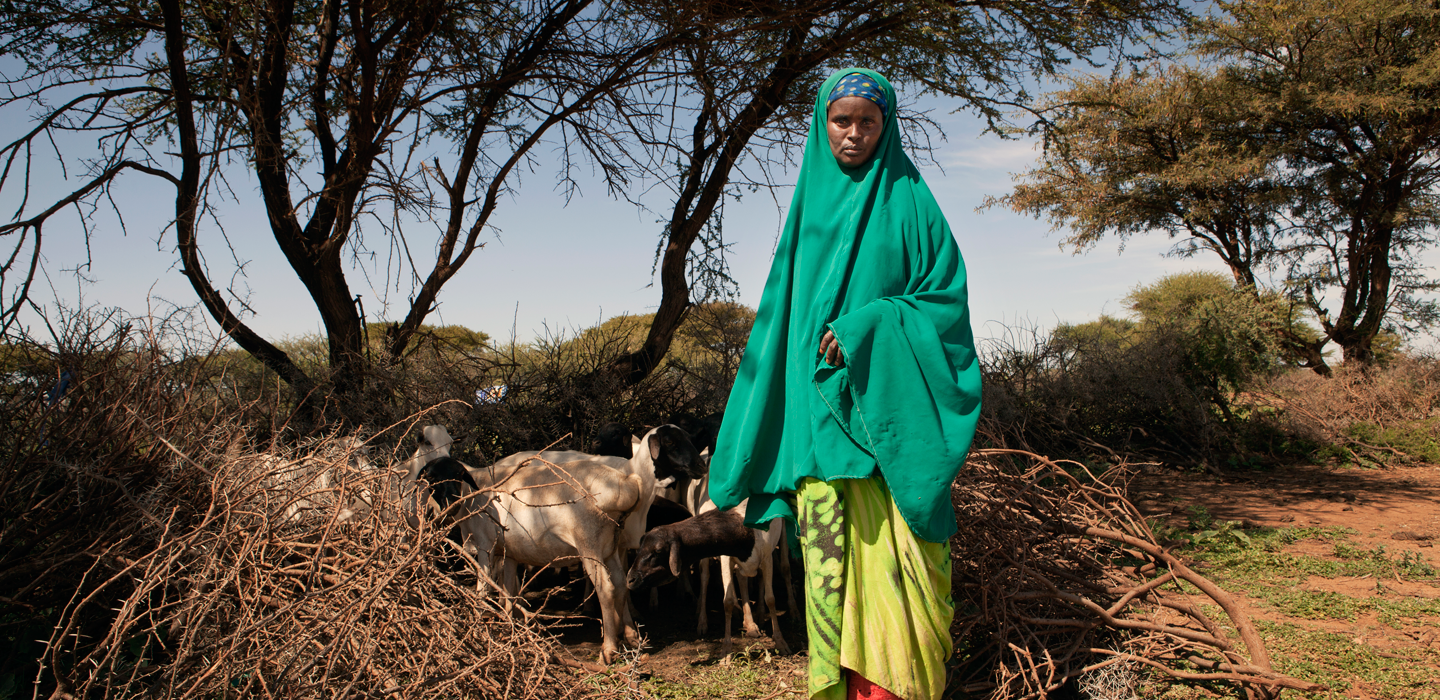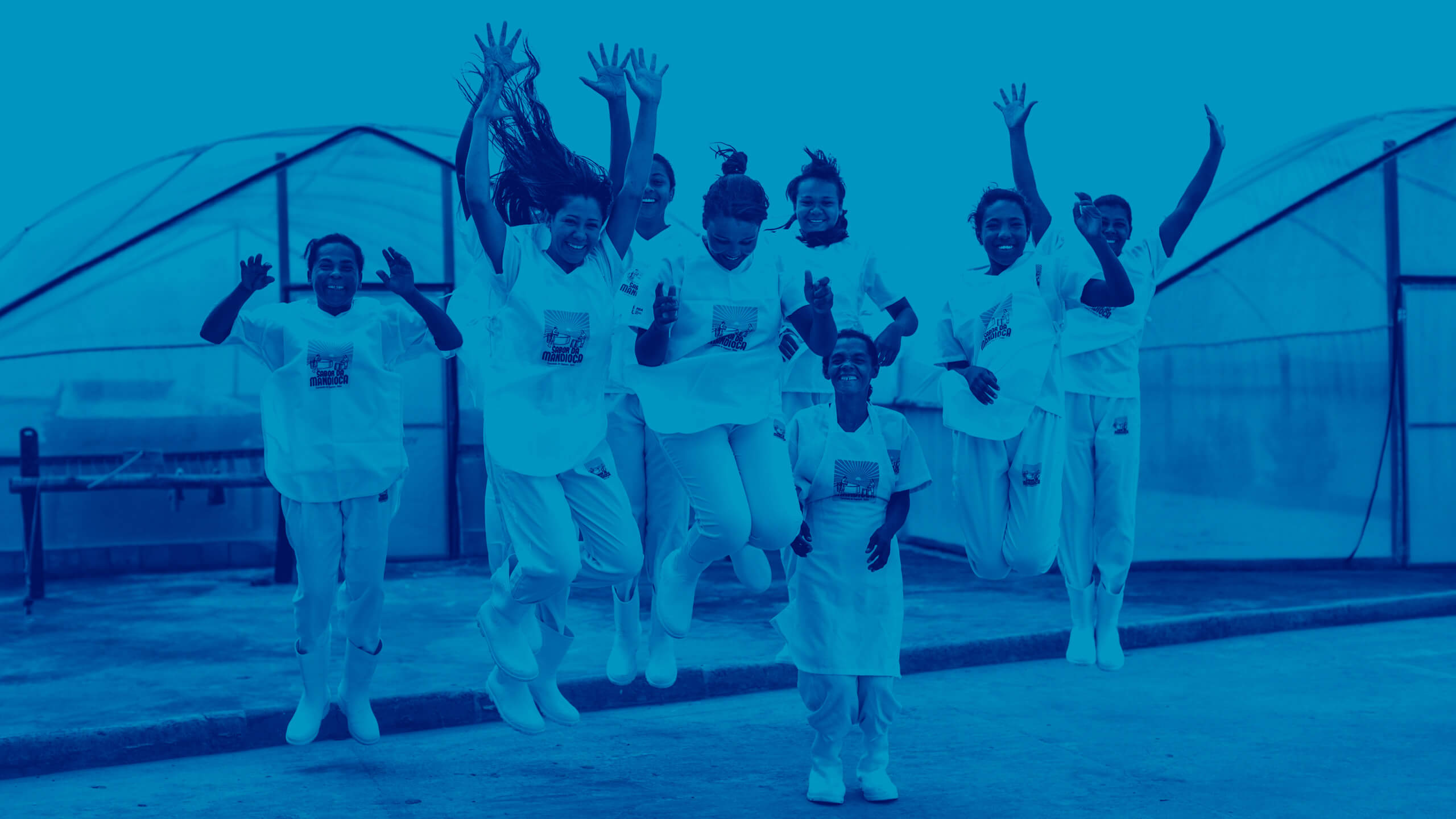Latest
Latest

Latest
Manual Submenu Topics
SearchResultsFilters
Search Results
What helps value chain projects work best for rural producers?
Is it possible to link small-scale producers to emerging opportunities in dynamic food systems?
Migration, agriculture and food systems – Understanding links to achieve better outcomes
Opportunities for migration and mobility have long influenced people's lives and livelihoods.
A day in the life of a vegetable farmer in Lesotho
Thabo Lefatle owns and runs a small vegetable farm in Lesotho’s Mafeteng district, south of the capital Maseru. He is one of 55,000 smallholder farmers in Lesotho who applied for and won public grants.
Afrobeat stars Mr Eazi and Sherrie Silver at 2019 African Green Revolution Forum to support IFAD's call for greater investment in youth and rural development
Urgent investments in agriculture and rural development from Africa's leaders are needed to create opportunities in support of the millions of young people who will soon enter the job market.
Making local crops work for nutrition-sensitive agriculture
A new framework will guide practitioners to use a broad portfolio of crop species to bring nutrition back to the table.
Restoring mangroves is saving rural communities in Gambia
Mangroves are one of the world's most biodiverse ecosystems and play an essential role to ecological balance and community livelihoods. But in many areas across West Africa, these wildlife-rich wetlands are under threat.
Call for proposals: Grant to strengthen the supply of improved seeds and improved PPP in Central Africa (SISCA)
This is a Call for Proposals to identify the recipient of a three-year grant financed by IFAD for a total amount of up to US$3 million.
Enhancing policy dialogue on climate finance in Africa
Smallholder farmers play a vital role in food security, nutrition and economic growth in Africa, but their livelihoods are already threatened by climate change.
Achieving zero hunger means investing in small farmers
As world hunger is on the rise for the third year in a row, the UN rural development agency, the International Fund for Agricultural Development (IFAD) and the Japan International Cooperation Agency (JICA) will host, on the side lines of the Seventh Tokyo International Conference on African Development (TICAD 7), an event that examines joint strategies to increase food security and poverty reduction for farmers in Africa.
Indigenous communities in Malaysia building capacity for resilience through IPAF
The Jakun people is the largest group of the Orang Asli Indigenous Peoples of Malaysia. They have an amazing partnership between people and the forest - looking after it and using only what they need to live. But their traditional livelihoods are at risk.
IFAD, Bangladesh and partners to invest $54.8 million to improve infrastructure and living standards in coastal chars
More than 342,000 people in southeast Bangladesh living on coastal chars created by silt deposits will benefit from new financing for a project to reduce poverty and hunger and develop rural livelihoods. People living on chars are often hardest hit by climate change effects like sea-level rise as they often live in poorly constructed housing and on low-lying land that is vulnerable to extreme weather.
Recipes for Change: Te Mai Ae Tanna Kiribati
Breadfruit is one of the main staple foods of Kiribati. Breadfruit trees require a tropical climate to thrive and are therefore plentiful in the Pacific region. Breadfruit is a good source of vitamin C, thiamine and potassium for the local population.
Africa’s Key Development Partners Formalize Their Commitment to Work Jointly to Help Address Food and Nutrition Security in Times of Climate Change
In partnership with the African Union, leaders of four multilateral agencies – The African Development Bank, the Food and Agriculture Organization of the United Nations (FAO), the International Fund for Agricultural Development (IFAD) and the World Bank-- called a high-level meeting with development partners on August 5-6 in Kigali, Rwanda at the first Africa Food Security Leadership Dialogue (AFSLD).
Call for Proposals: Integrated fish-rice-vegetable food systems
This Call for Proposals is to identify the recipient of a three year grant financed by IFAD for a total amount of up to US$3.5 million to implement a project titled: Integrated fish-rice-vegetable food systems for improved livelihoods, food and nutrition security and climate resilience in Malawi, Ghana and Cote d’Ivoire: Scaling-up lessons learnt from Cambodia (or Asia).
Measuring youth participation in agriculture in Tanzania and Malawi
In our recent IFAD Research Series study we looked at the dynamics of employment in agriculture in Tanzania and Malawi.
Lebanon and IFAD partner to boost smallholder dairy production
About 6,080 resource-poor Lebanese rural households and Syrian refugees will benefit from a new US$12 million project that aims to increase the income of smallholder dairy producers and processors, as well as to increase employment opportunities for young Lebanese in communities affected by the Syrian crisis and young Syrian refugees.
I’m a potato grower! Strengthening innovation to empower potato growers in the Andes
The world is faced with a rising demand for food due to population growth, changes in dietary habits and the availability of agricultural resources. As a result farmers need to be more efficient and productive.
Innovations in law to tackle food insecurity
The latest SOFI report confirms that the number of hungry people in the world continues to increase, highlighting the challenge of reaching the Sustainable Development Goal (SDG) of Zero Hunger by 2030.
The challenges of conducting impact assessments of community driven development projects
How can we measure the impact of project interventions on the people and communities participating?
New rural finance project to help boost rural enterprise sector in Mozambique
A new Rural Enterprise Finance Project (REFP), which will help more than 287,700 rural people engaged in agriculture, fisheries and small and medium-sized enterprises in 10 provinces improve their access to national and regional markets, was launched on 15 July in Maputo, the capital of Mozambique.
UN chief stresses importance of investing in smallholder farmers during upcoming visit to Lao PDR and Cambodia
The President of IFAD, Gilbert F. Houngbo, will meet the Prime Minister of the Lao People's Democratic Republic (PDR), Thongloun Sisoulith, the Prime Minister of Cambodia, Hun Sen, other high-ranking officials, as well as representatives of UN teams in country, to discuss investments that can improve food and nutrition security, generate employment and mitigate the effects of climate change in rural areas.
Creating opportunities for rural youth
Nearly 1 billion youth live in developing countries, almost half of them in rural areas. IFAD’s Rural Development Report 2019, finds that this enormous rural youth population can pay a rich dividend.
World hunger is still not going down after three years and obesity is still growing – UN report
An estimated 820 million people did not have enough to eat in 2018, up from 811 million in the previous year, which is the third year of increase in a row. This underscores the immense challenge of achieving the Sustainable Development Goal of Zero Hunger by 2030, says a new edition of the annual The State of Food Security and Nutrition in the World report released today.
Recipes for Change: Ema datshi and millet momos
Try the Recipe at home: Ema datshi and millet momos - Bhutan
High unemployment rates among rural youth are destabilizing the Near East and North Africa region
When economic opportunities are limited, programs and policies to help rural youth will generally be ineffective.
Young smallholder farmers overcoming climate challenges in Viet Nam
Climate change is one of the major dynamics of change affecting rural youth livelihoods. It is having significant effects on the countries in which the rural youth population is concentrated and on the sectors in which they will be looking for employment opportunities.
No stability in the Sahel without rural development and job creation for young people, says IFAD President ahead of G7
The economic transformation of rural areas and the creation of jobs for millions of young rural people are pre-conditions to stability in the Sahel, says Gilbert F. Houngbo, President of the International Fund for Agricultural Development (IFAD), who takes his message to the G7 ministerial meeting on development in Paris tomorrow.
Gender-Transformative Adaptation. From good practice to better policy
Gender inequality is a pervasive threat to sustainable development and has negative impacts on our collective ability to meet human rights obligations.
How old is the average farmer in today's developing world?
As it turns out the short answer to this question is about 34 and not 60 as is often reported.
IFAD's 2019 Rural Development Report
Nearly 1 billion of the world’s 1.2 billion youth aged 15-24 reside in developing countries. Their numbers are growing far more rapidly in lower income countries than in higher income countries, particularly in rural areas.
